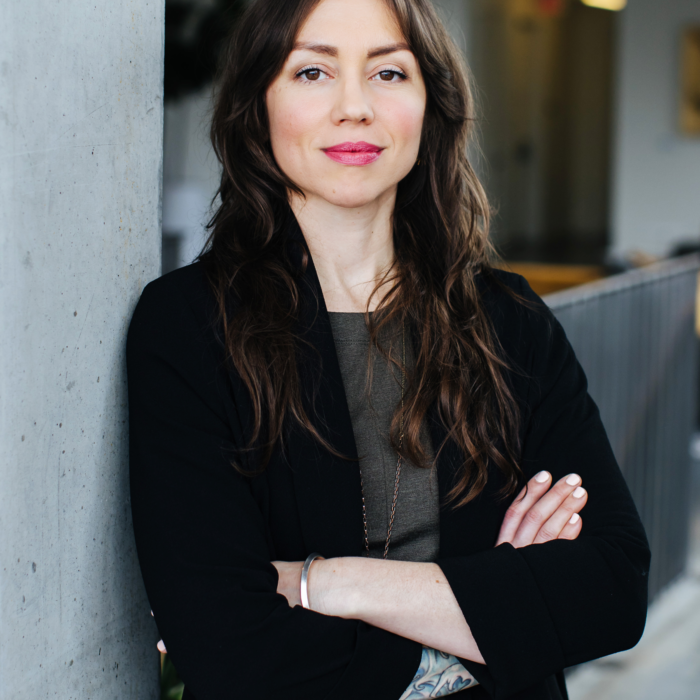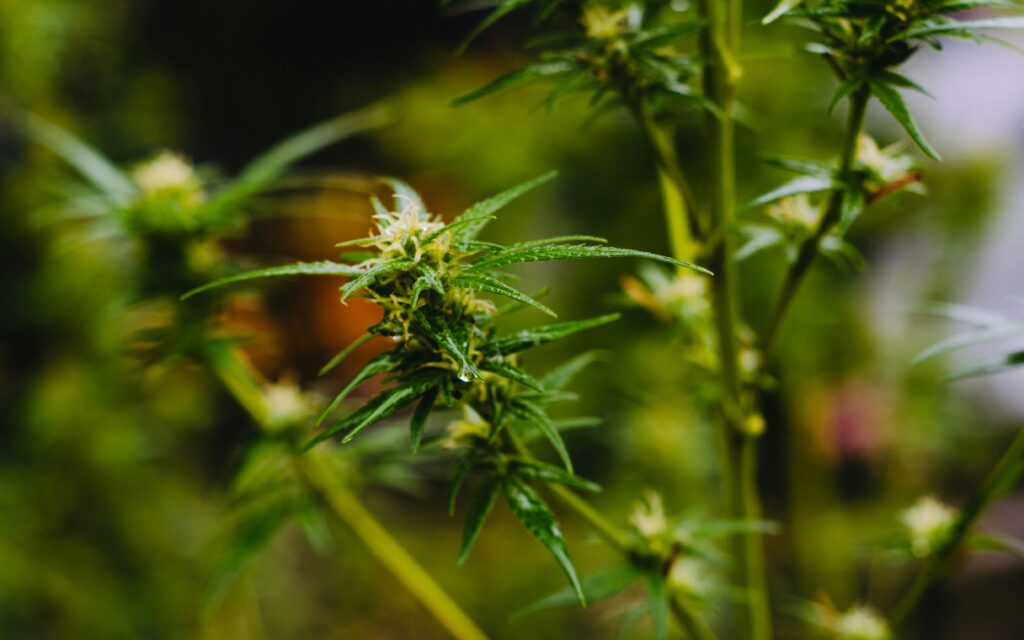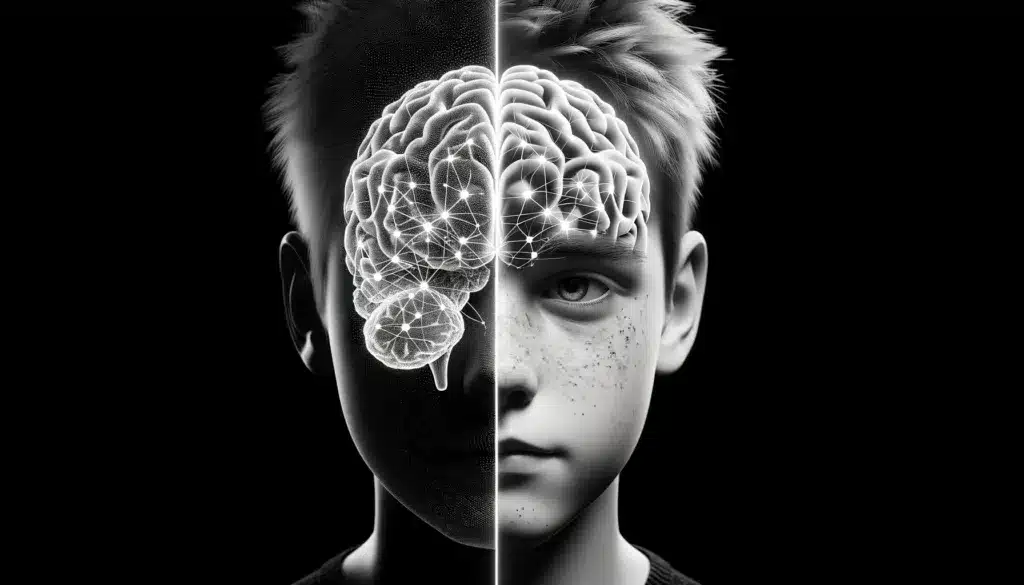
According to the Drug Enforcement Agency, a Schedule I controlled substance is one with no medical value and a high potential for abuse. Given cannabis’ well-characterized health implications, it’s status as a schedule I substance is clearly inappropriate… but what about alcohol?
Why is Alcohol Legal and not Cannabis?
Despite its widespread use, important role in our culture, and the clear ineffectiveness of prohibition, it’s ironic that alcohol remains a federally unregulated substance, while cannabis continues to be demonized and doubted.
Marijuana Use Disorder Occurs Much Less than Alcohol Use Disorder
Alcohol is almost twice as addictive as cannabis, and nicotine is about three times more addictive than cannabis. Cannabis use disorder is a real medical diagnosis: some individuals use so much cannabis that they develop physical dependence, experience withdrawal symptoms, and use it to the extent that it negatively affects their economic and/or social well-being. However, only 9% of people who’ve ever tried cannabis end up with this diagnosis. Alcohol use disorder is far more prevalent, affecting 15% of the population (prior to the initiation of adult-use cannabis laws).
Substance abuse diagnosis has profound effects on individuals and families, but excessive alcohol use doesn’t necessarily require a medical diagnosis, and it has far-reaching societal impacts as well. In the United States of America, the Centers for Disease Control (CDC) estimates that the societal cost of excessive drinking in the U.S. is $249 billion per year. The vast majority of these costs come in the form of lost worker productivity (hangovers). In states with the least restrictive cannabis laws, work absences drop by 13% after legalization.
But what about the health risks and benefits?
Alcohol use has many short- and long-term health risks. Some of the more obvious short-term risks are accidents, injuries and involvement in violent crimes. For instance, blood alcohol levels of 0.05% increase a person’s risk of being involved in a motor vehicle accident by 575%. Conversely, detectable levels of THC or other cannabinoids in the bloodstream have absolutely no correlation whatsoever with vehicle accidents. There are also well-established relationships between alcohol use and domestic violence as well as other violent crimes. These relationships do not exist for cannabis.
Long-term alcohol use has profound effects on the human body and psyche. People who use alcohol chronically are more likely to have high blood pressure, heart disease, strokes, liver disease and digestive problems. Chronic cannabis users however, have lower rates of diabetes, lower body mass index, and lower rates of fatty liver disease. Alcohol is significantly correlated with several types of cancer, whereas cannabis may actually help to inhibit tumor cells.
Alcohol use also has profound effects on the human brain. A team of researchers at the University of Colorado, Boulder recently conducted an analysis of brain scans from 1,300 people. Their findings indicate that alcohol use decreases the volume of the brain’s gray matter; gray matter is essentially the brain’s processing power. Furthermore, they also found that alcohol use diminishes the integrity of the brain’s white matter, which is how the brain sends messages from one region to another (its connectivity). These negative impacts on brain processing capacity and connectivity are simply not present in cannabis users.
One thing alcohol and cannabis have in common is that they both cause memory loss and dysfunction. These effects persist for several weeks after individuals stop using cannabis. For alcohol users however, the negative impact on brain function can persist even after years of abstinence.
These health effects have significant influence on mortality. For example, in 2014, 30,700 people died in the US from alcohol-induced causes. The lifespan of these individuals was shortened by an average of 30 years. That same year, not a single person died from cannabis.
No One has Ever Died From Overdosing on Cannabis
The good news in all of this is that we’re beginning to see a fundamental shift in our society as a result of incremental cannabis legalization. Researchers at the University of Connecticut and Georgia State have shown that in states with legal cannabis, alcohol sales are down by at least 15%. These findings were based on alcohol purchases at grocery, liquor, and other retail locations, but did not include bars.
Social Cannabis Use Could Reduce Alcohol Use
How would social consumption of cannabis work in different countries with different cultures? What would happen if we replaced the most commonly abused substance with a substance that has genuine health benefits?
A mountain of scientific evidence supports the legalization of cannabis for both medical and adult-use. When this happens, and cannabis becomes as acceptable and accessible as alcohol, we are likely to experience a dramatic cultural and health revolution.
Sources
https://www.cdc.gov/alcohol/fact-sheets/alcohol-use.htm
https://onlinelibrary.wiley.com/doi/10.1002/hec.3390/full
https://www.nhtsa.gov/staticfiles/nti/pdf/812117-Drug_and_Alcohol_Crash_Risk.pdf
https://academic.oup.com/aje/article/174/8/929/155851
https://www.niaaa.nih.gov/alcohol-health/alcohols-effects-body
https://www.ncbi.nlm.nih.gov/pmc/articles/PMC5404771/
https://www.ncbi.nlm.nih.gov/pubmed/28286929
https://www.ncbi.nlm.nih.gov/pmc/articles/PMC3931635/
https://www.ncbi.nlm.nih.gov/pubmed/19630709
https://www.ncbi.nlm.nih.gov/pubmed/28618018
https://www.ncbi.nlm.nih.gov/pubmed/?term=28646566
https://papers.ssrn.com/sol3/papers.cfm?abstract_id=3063288
Author bio: Dr. Adie Rae (Wilson-Poe) is an NIH-funded neuroscientist who has been studying cannabinoids for more than a decade. She is currently a faculty member at the Washington State University and the co-founder of Smart Cannabis. You can find her on Facebook and follow her on Instagram at @dr.adie





